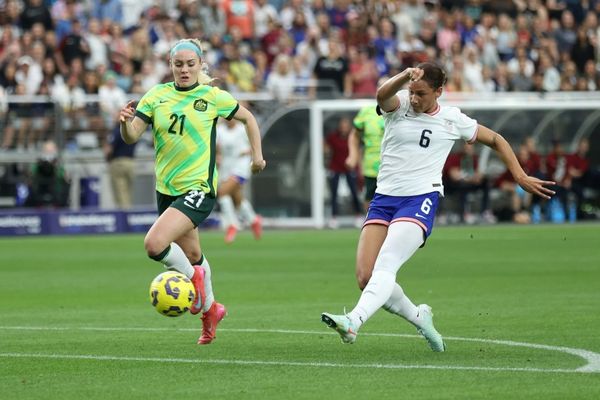
Amidst the ongoing conflict in Gaza, a ceasefire deal allowed 50 sick or wounded Palestinians to leave the region on Saturday. Among them was Al-Mu’tasim Billah Samour, a young boy battling a life-threatening immune disorder since October 2024. His mother, Mai Khader Samour, expressed relief at the opportunity for her son to receive medical treatment outside Gaza.
Al-Mu’tasim's condition had caused him severe pain and ulcers internally and externally. The emotional toll of the situation was evident as Mai Khader Samour tearfully shared that she had to leave four of her other children behind to accompany Al-Mu’tasim to Egypt for treatment.
Another mother, Fadi Issa Abu Qutta, also sought help for her 30-year-old son who had sustained shrapnel wounds in January 2024. Despite repeated pleas for evacuation, their requests were denied, leading to frustration and a sense of injustice.



These stories shed light on the human cost of the conflict in Gaza, where families are torn apart, and individuals struggle to access essential medical care. The World Health Organization's involvement highlights the international efforts to address the healthcare needs of those affected by the conflict.
As the situation in Gaza remains volatile, the plight of individuals like Al-Mu’tasim and Fadi Issa Abu Qutta underscores the urgent need for humanitarian assistance and a lasting resolution to the conflict to prevent further suffering and loss.







